Dates and Palm Pollination
Dates and Palm Pollination Service, Date palms (Phoenix dactylifera) and other palm species depend on effective pollination for fruit set and increased productivity. Traditional hand pollination is labor-intensive, costly, and time-consuming, making honeybee-assisted pollination an efficient and natural alternative. By introducing honeybee colonies into date palm orchards, farmers can achieve higher fruit yields, improved quality, and uniform ripening while maintaining sustainable and organic farming practices.
Why Honeybee Pollination Matters
Date palms produce separate male and female flowers, requiring pollinators to transfer pollen effectively. Honeybees enhance this process by ensuring thorough and even pollen distribution, leading to better fertilization, improved fruit setting, and an increase in overall yield.
Key Benefits of Honeybee Pollination in Date Palms
- Boosts Fruit Production – Increases yield by 10% to 30%, improving overall farm profitability.
- Enhances Fruit Quality – Promotes uniform fruit size, superior texture, and enhanced sweetness.
- Supports Organic Farming – Reduces reliance on manual pollination and eliminates chemical interventions.
- Reduces Labor Costs – Minimizes the need for time-consuming hand pollination, making farm operations more efficient.
- Optimized Pollination Setup – Requires only 6 beehives per hectare to maximize pollination efficiency.
Sustainable & Eco-Friendly Approach
With zero pesticide requirements, honeybee-based pollination aligns with sustainable agriculture, protecting biodiversity and improving farm ecology. By adopting natural pollination services, farmers can ensure higher productivity while maintaining soil health and environmental balance.
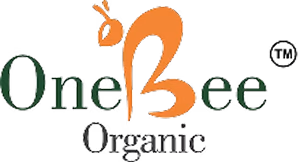

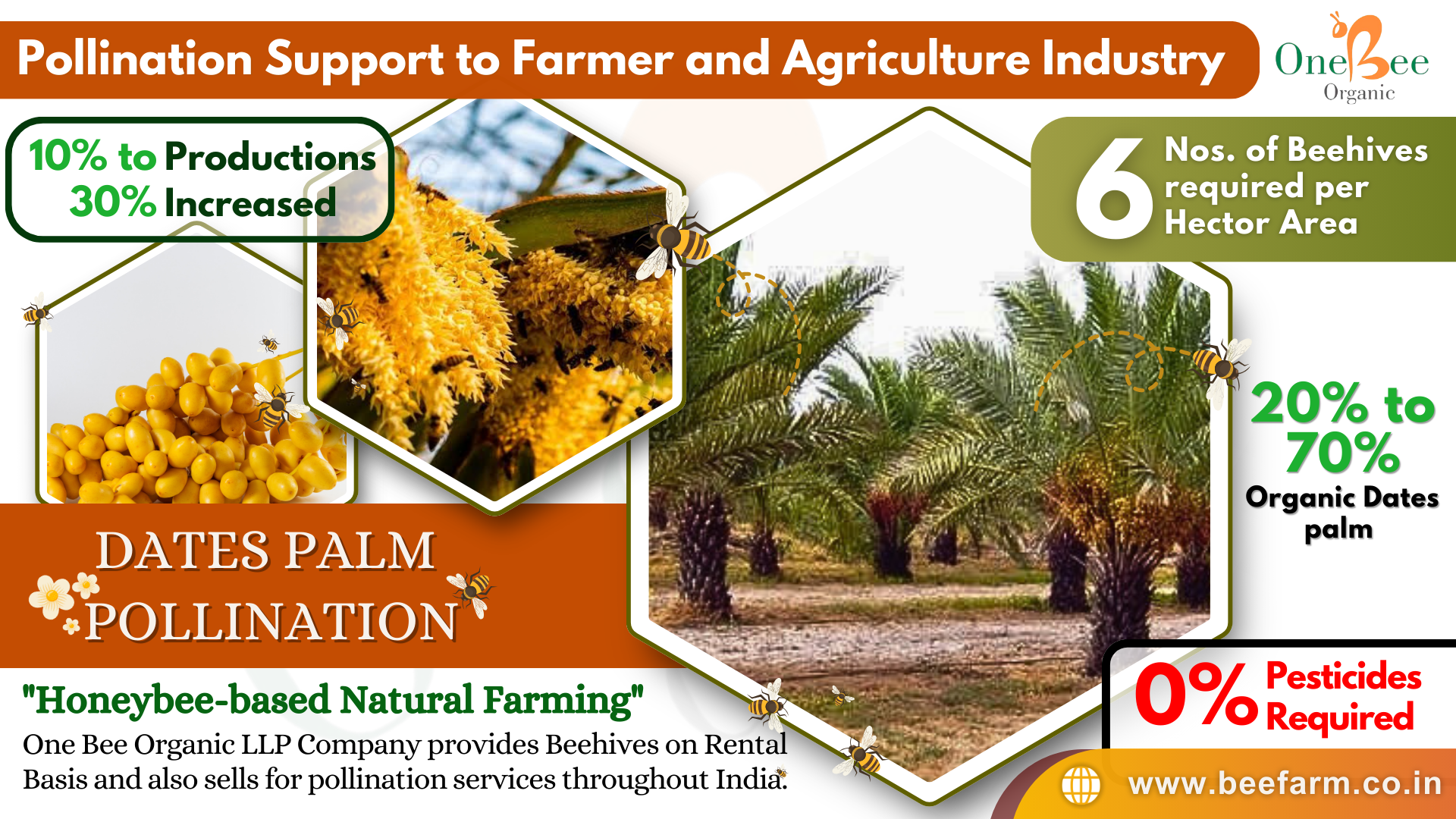

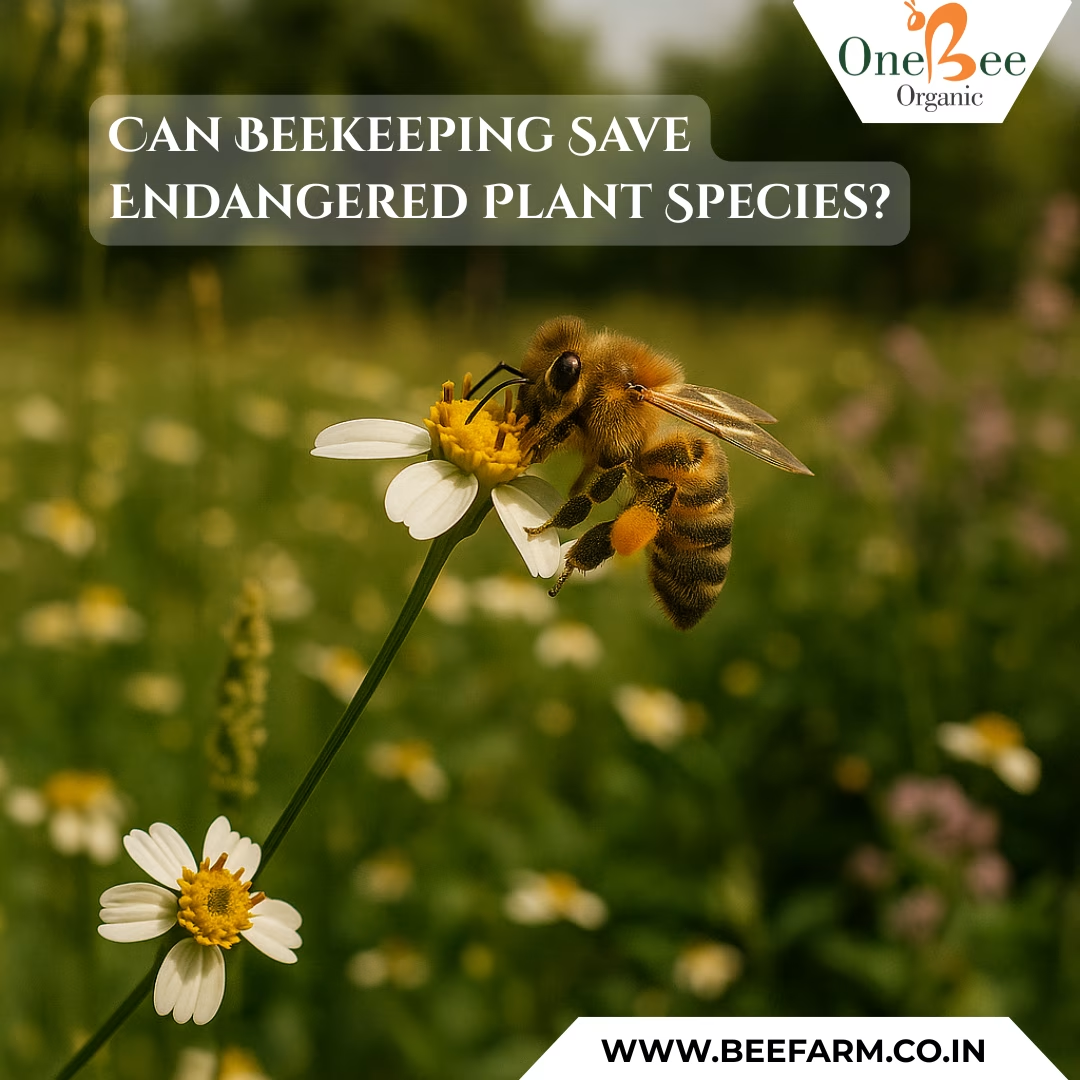

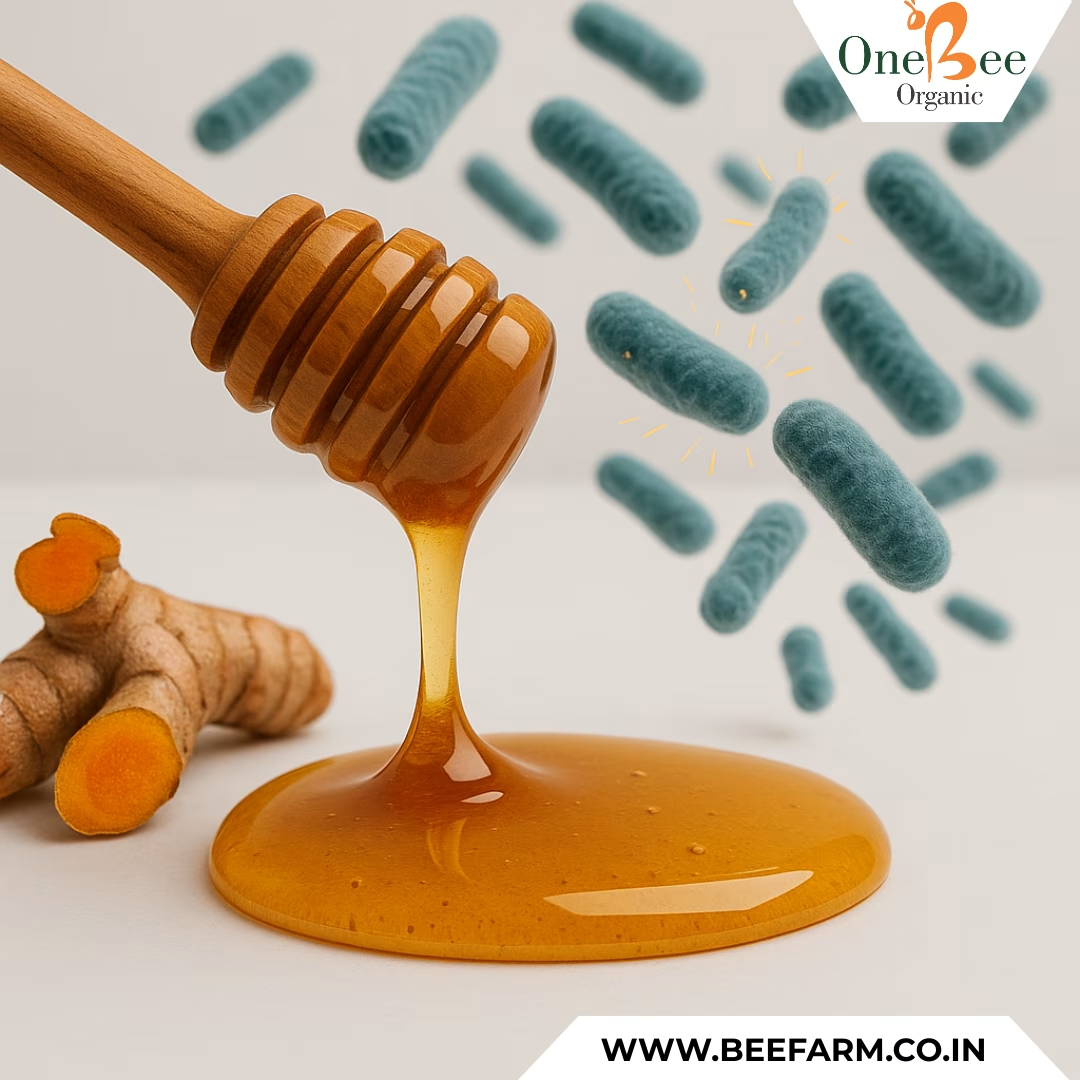
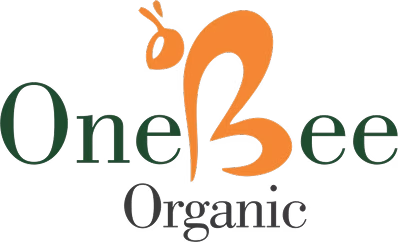
Leave A Comment